Gender-based violence (GBV) is one of the most traumatic experiences of millions of women and girls in sub-Saharan Africa.
For over three decades, the United Nations (UN) has viewed GBV as an issue of critical concern on the continent. GBV occurs with gross impunity, and often goes unnoticed, unreported, and, unfortunately, almost unattended. Perpetrators appear undaunted, encouraged by a raft of entrenched cultural norms.
Join our WhatsApp ChannelREAD ALSO: Ford Foundation: How Social Norms Drive Inequality, Gender Violence In Africa
GBV has, as a result, become a very costly social malaise, albeit unknown to many. At a March 2023 meeting organized by the Women Advocates Research and Documentation Centre (WARDC) in Lagos, the Iyalode of Yorubaland, Alaba Lawson, said that in some countries, GBV costs up to 3.7% of GDP, more than double the budget appropriation to education. In Nigeria, each incident of violence against women costs about N16, 500 (about $22). A 2020 research from the International Monetary Fund indicates that sub- Saharan African countries will experience a GDP gain of around 30% if GBV were to reduce to the global average of 23%. As it is, GBV prevalence in some sub-Saharan Africa is 75.5%. In addition to this, a 2022 UN Women report indicated that the Covid-19 pandemic exacerbated the scourge of domestic violence in 23 of Nigeria’s 36 states. The IMF has similarly noted that the rise in the number of GBV linked to lockdowns increased by more than 130%, further strengthening the saying that GBV is the ‘shadow pandemic’. The situation poses a great challenge to the UN’s Sustainable Development Goal 5.2; that is, to eliminate all forms of violence against women and girls.
READ ALSO: Costing Gender-based Violence
The majority of the violations of the rights of women happen in the form of Violence against Women and Girls (VAWG), Sexual and Gender-Based Violence (SGBV), Harmful Practices (HP) or derogations of the Sexual and Reproductive Health and Rights (SRHR) of women and girls, e.g., female genital mutilation. A 2018 estimate from Nigeria’s Ministry of Women Affairs shows that 28% of Nigerian women ages 25-29 have experienced some form of physical violence since age 15. In 2018 also, a Thompson Reuters Foundation survey of global experts ranked Nigeria sixth worst (out of 193 countries) on the risks women face from traditional practices, and ninth most dangerous country for women.
During the 20 years of the commemoration of the Protocol to the African Charter on Human and People’s Rights on the Rights of Women (Maputo Protocol) in July 2023, portrayals about the ugly spectacle of GBV in Africa made the situation seem impossible to redress. But there is a lot of hope in the interventions of civil society and nongovernmental organizations, international partners and governments to rid the continent of the systems that bolster abuse against women. The African Women Journalism Project
(AWJP) puts it thus: “Ending gender-based violence and discrimination requires deeper and broader cultural, societal, and political buy-in”. Countries are being urged to harmonize national laws with the principles outlined in the Maputo Protocol to address deeply entrenched societal beliefs. As of July 2022, only 19 countries have complied with Article 26(1) of the Protocol in submitting the required progress reports on the implementation of the Protocol. While national governments are beginning to wake up to the call, some international partners have shown unimaginable levels of support through the provision of resources, trainings, awareness campaigns and research.
READ ALSO: Ghana, Nigeria And Resource Assault In West Africa
In 2022, Ford Foundation, in partnership with African Women Journalism Project (AWJP), empowered 60 women journalists in Nigeria, Ghana and Senegal to cover stories on gender-based violence. The Foundation has supported initiatives in gender-based awareness campaigns through a programme called Kasa!, meaning speak out in Twi (a majority Ghanaian) language. The Foundation was joined by the Open Society Initiative for West Africa in the launch of the programme, which was hosted by the African Women’s Development Fund (AWDF). Kasa! was aimed at boosting awareness on sexual violence and humans’ rights especially pertaining to women. The Ford Foundation has committed $6million annually for the next five years to address Gender-based Violence in Nigeria, Ghana and Senegal. The Foundations constantly works with local communities to highlight the areas where development partners can add to the communities’ respective advocacies.


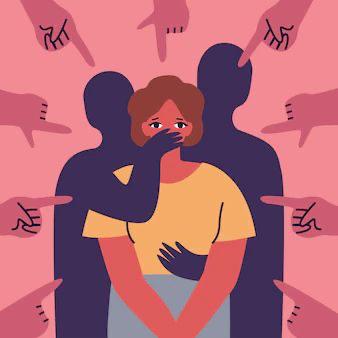

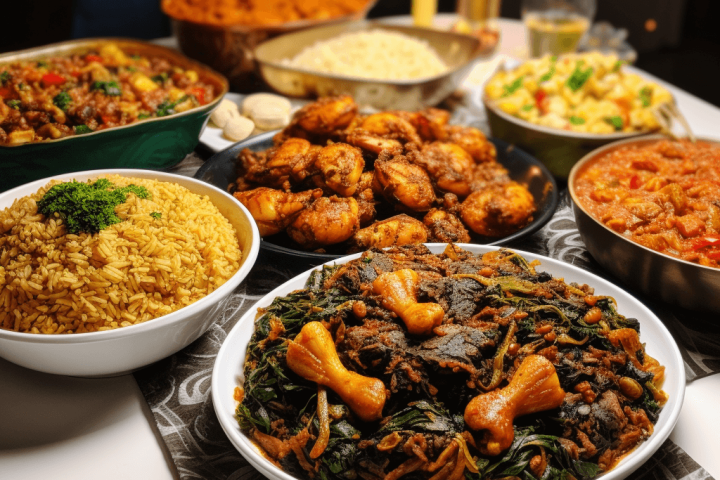
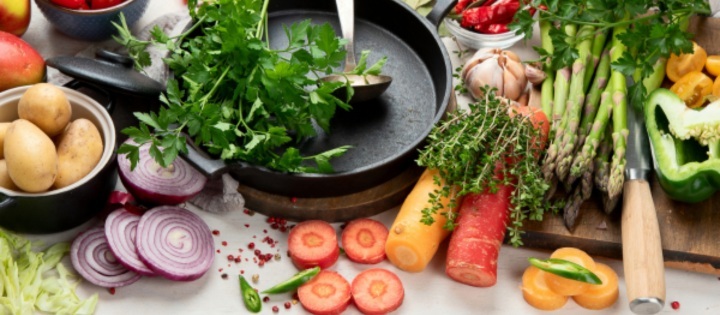






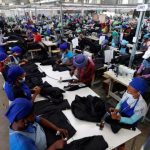

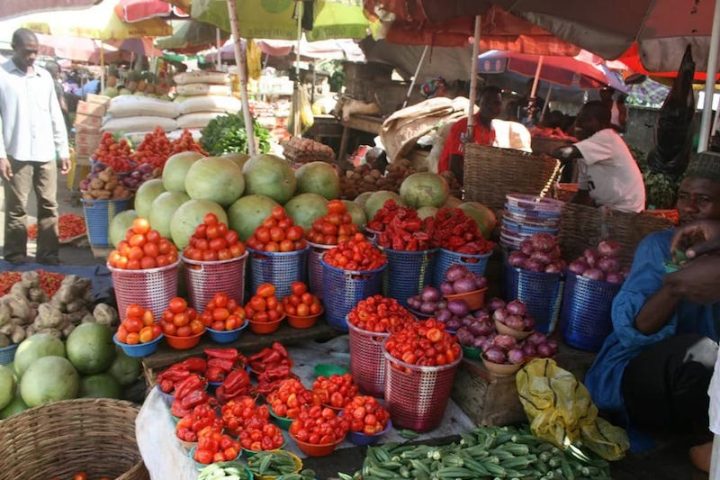

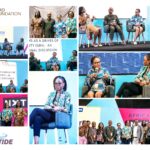
Follow Us